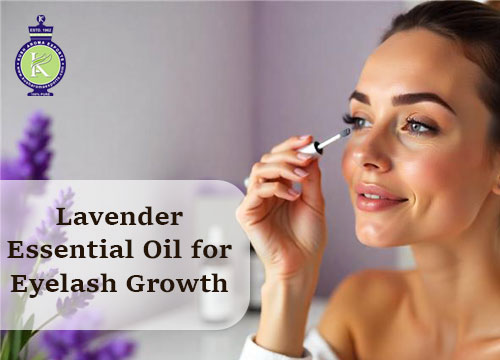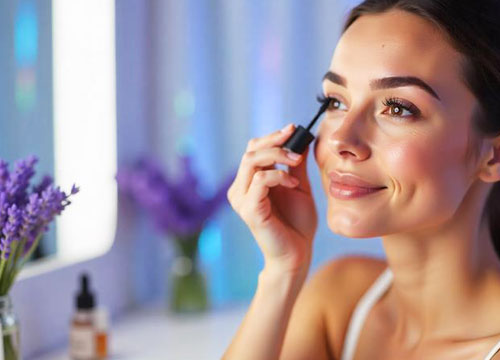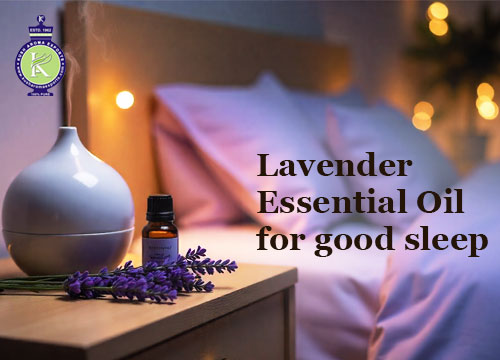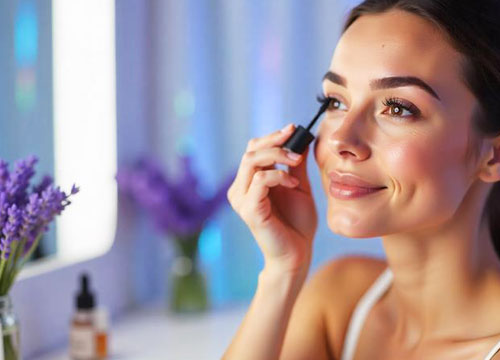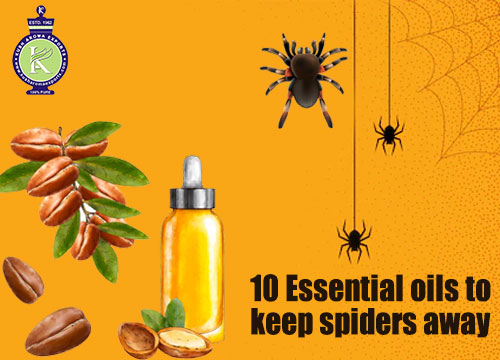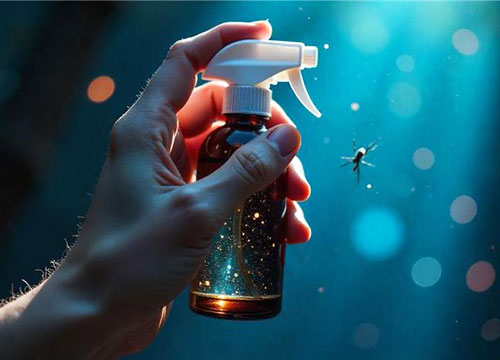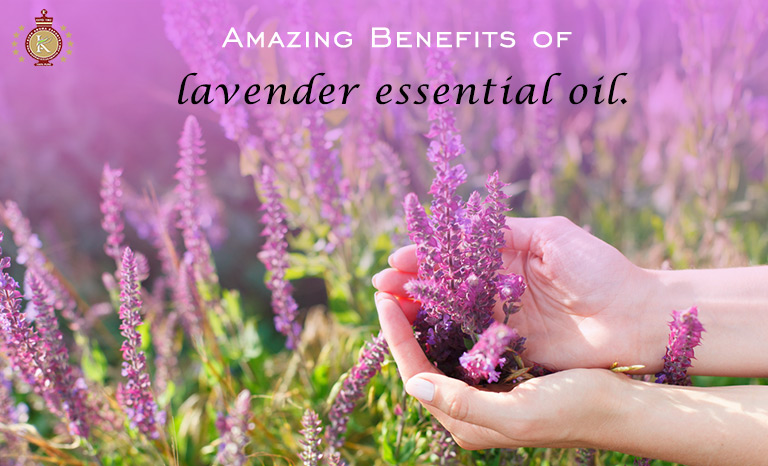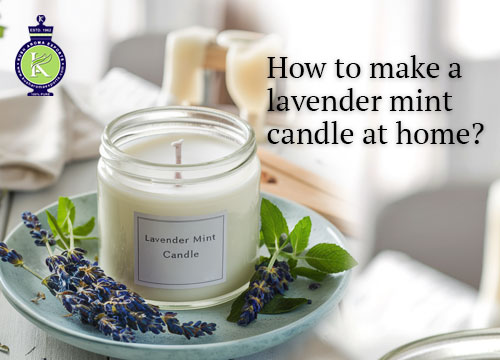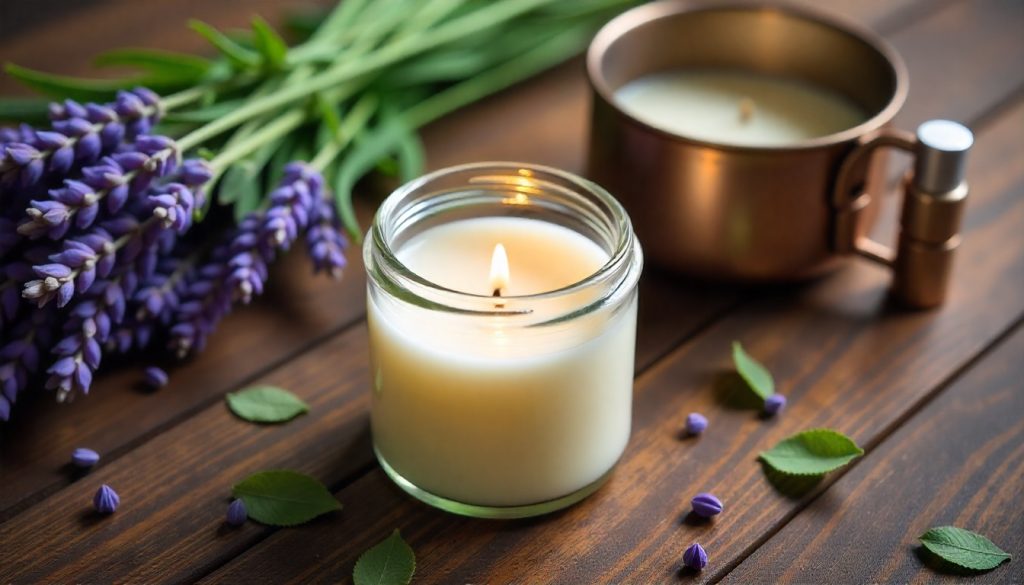Anxiety seems to trouble more and more people today. From restless nights to a racing mind, it can quickly take over your daily life. Lavender essential oil for mental health offers a soothing and natural way to tackle these overwhelming feelings. For years, people have turned to this calming oil to relax and manage stress more effectively. Whether your worries appear occasionally or linger longer, this guide will show you how to use lavender oil to feel more balanced. It explores how essential oils support mental well-being, what makes lavender so powerful, how it works, and simple ways to add it to your daily routine.
How Essential Oils Help Mental Well-Being
People have used essential oils in traditional medicine because of their healing properties. These oils come from plants and contain the plant’s core essence. When breathed in or rubbed on the skin, they can affect the body and mind together.
Essential oils connect to mental health through the limbic system. This part of your brain manages things like your emotions and memories. When you smell essential oil molecules, they pass through your nose and activate this brain region. This process can help you feel calmer, sleep better, and keep your mood more steady.
Research and personal experiences suggest that essential oils help ease anxiety, depression, and stress. They serve as natural aids to regulate emotions allowing people to manage stress in ways that feel holistic and healthier. Out of all the choices, lavender stands out the most because of its strong calming effects.
How Lavender Essential Oil Can Aid Mental Health
Lavender essential oil also known as Lavandula angustifolia, is the most well-known option to ease stress and anxiety. Its sweet floral scent calms and brings balance. So why does lavender work so well to support mental health?
1. Eases Anxiety and Nervousness
Studies suggest lavender essential oil can reduce feelings of anxiety. It has an effect on cortisol, the stress hormone in the body, and creates a soothing effect on the nervous system. Individuals with Generalized Anxiety Disorder or social anxiety often say they feel calmer when they use lavender.
2. Helps You Sleep Better
Sleep and anxiety are often tied. If your thoughts keep you awake at night, lavender might be useful. Research shows that breathing in lavender oil before sleep improves how well and how long you sleep. It helps people drift off quicker and stay asleep offering a natural choice instead of sleep medication.
3. Lifts Mood and Eases Depression
Lavender doesn’t just help you stay calm. It also helps improve your mood. Its scent sparks the release of serotonin and dopamine in your brain. These chemicals make you feel happier and help with depression or emotional stress. When you’re feeling down, using a little lavender oil may help lift your spirits.
4. Helps with Headaches and Tension
Chronic stress and anxiety often cause tension headaches. Putting lavender oil on your temples or breathing it in may make headaches less painful and happen less often. It is a quick and natural way to feel better.
Ways to Use Lavender Oil to Ease Anxiety
Lavender essential oil offers many uses. You can try different ways to enjoy its relaxing effects based on what suits you and your habits. Here are some great options:
1. Diffusing Through Aromatherapy
A diffuser provides a simple and effective way to spread the calming smell of lavender. Put a few drops into your diffuser, and it will fill the space with its soothing fragrance. It works well to help you relax after a tough day or get ready to sleep .
2. Applying to Skin
You can use lavender oil on your skin, but remember to mix it first with a base oil like coconut or almond oil before applying. Dab some on your temples, wrists, or the area behind your ears. These spots let your skin take in the oil faster and give quicker relief.
3. Bath Soaks
To make your bath feel like a spa, put 5–10 drops of lavender essential oil in warm water. You can combine it with Epsom salts to get even better effects. A lavender soak can ease tense muscles clear your mind, and help you sleep better.
4. Lavender Pillow Spray
Make your own pillow spray using lavender essential oil mixed with water. Spritz it onto your pillow before sleep to calm your mind and improve rest. This simple bedtime habit lets your brain know it’s time to relax.
Also Read: Lavender Essential Oil for Sleep
5. Inhalation While Out and About
Keep a small bottle of lavender essential oil handy to get quick relief. When you feel anxiety rising, open it and take slow deep breaths. Personal inhalers or aromatherapy jewelry can make this even easier.
Conclusion
Lavender oil gives a simple and natural way to deal with anxiety. It helps lower stress, improves sleep, lifts your mood, and even eases headaches. Its positive effects on mental health are known. Whether you’re just starting out with essential oils or want to add something new to your care routine, lavender makes an easy and effective option you can use . Sticking to it matters so find what suits you best and make it a regular part of taking care of yourself. Both your body and mind will feel the difference.
FAQs
1. Can I use lavender oil on my skin?
You can, but always mix it with a carrier oil such as jojoba or coconut oil to avoid irritation.
2. Is it okay to breathe in lavender oil ?
Yes, using small amounts through inhalation every day is considered safe. It works well to help manage anxiety over time.
3. Can you swallow lavender essential oil?
if it’s a food-grade type and a doctor says it’s okay. , using it on your skin or smelling it is enough and safer.
4. How fast does lavender oil help with anxiety?
The calming effect often starts within minutes of smelling it. Using it can make the soothing effect stronger over time.
5. Does lavender essential oil cause any problems?
Most people handle it fine, but some might get allergic reactions or feel irritation on their skin. Testing it on a small spot first is always a good idea.


